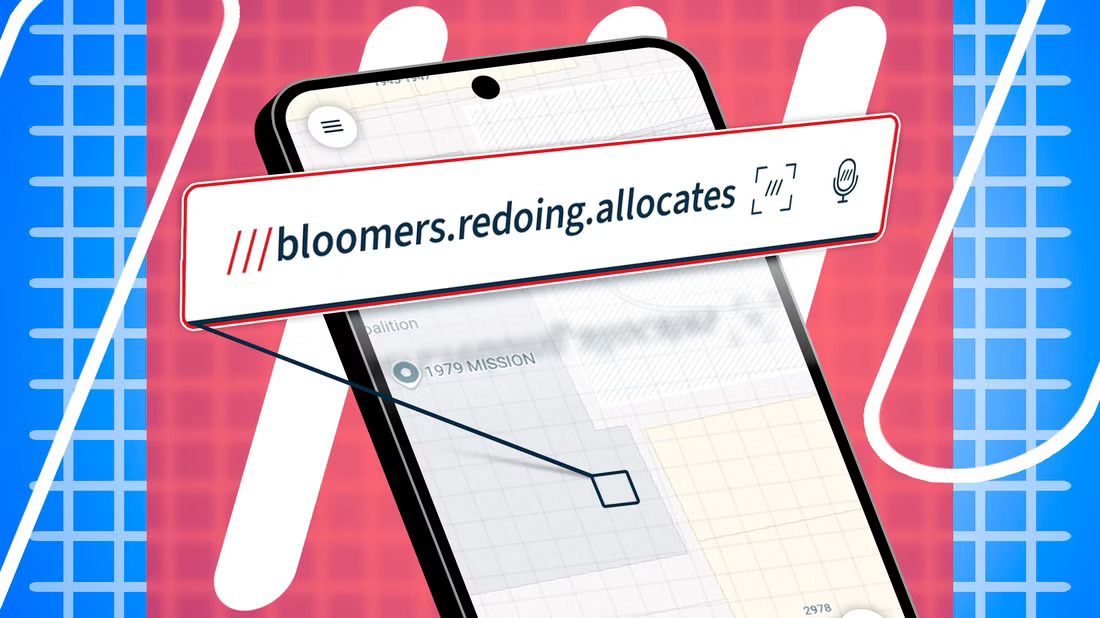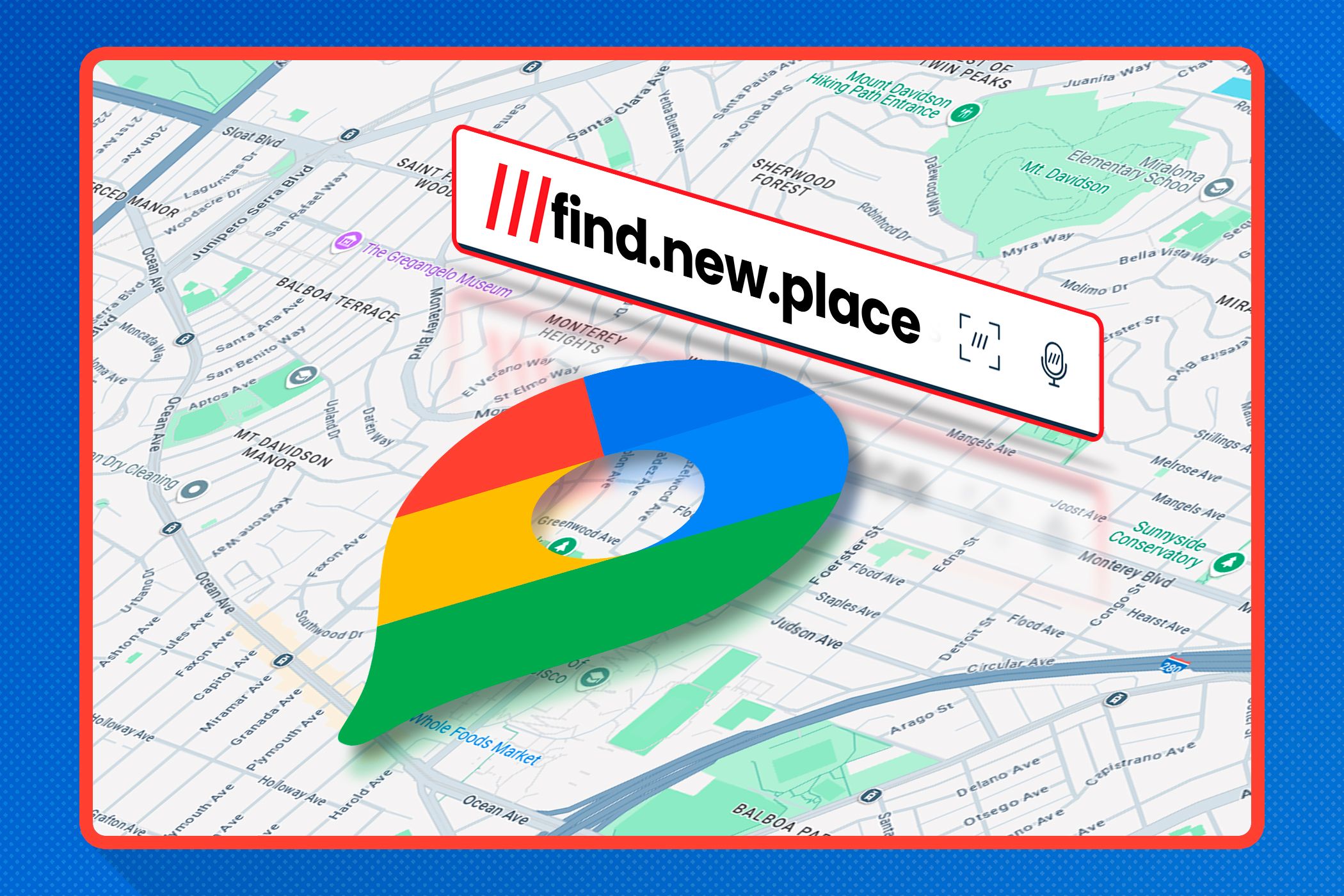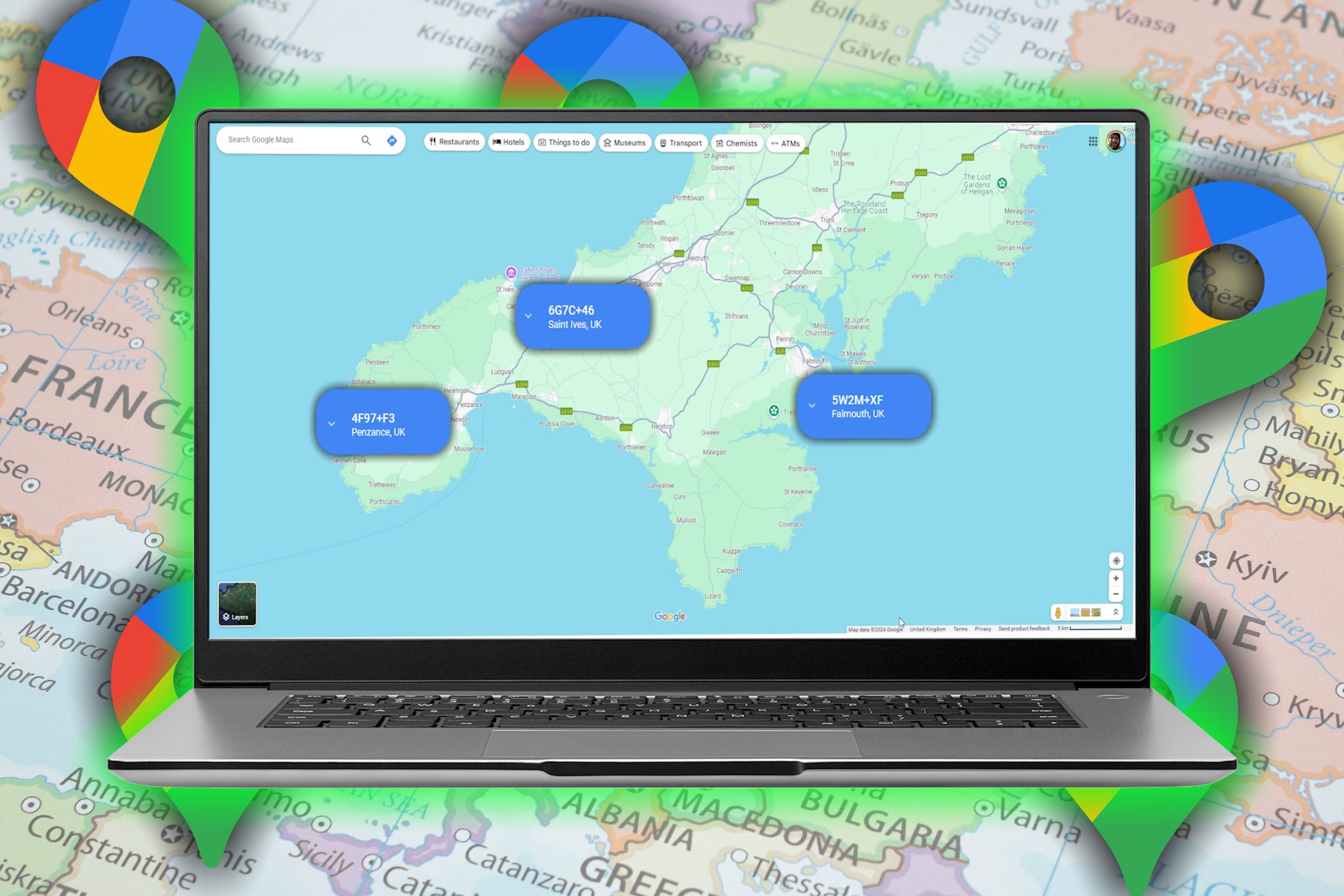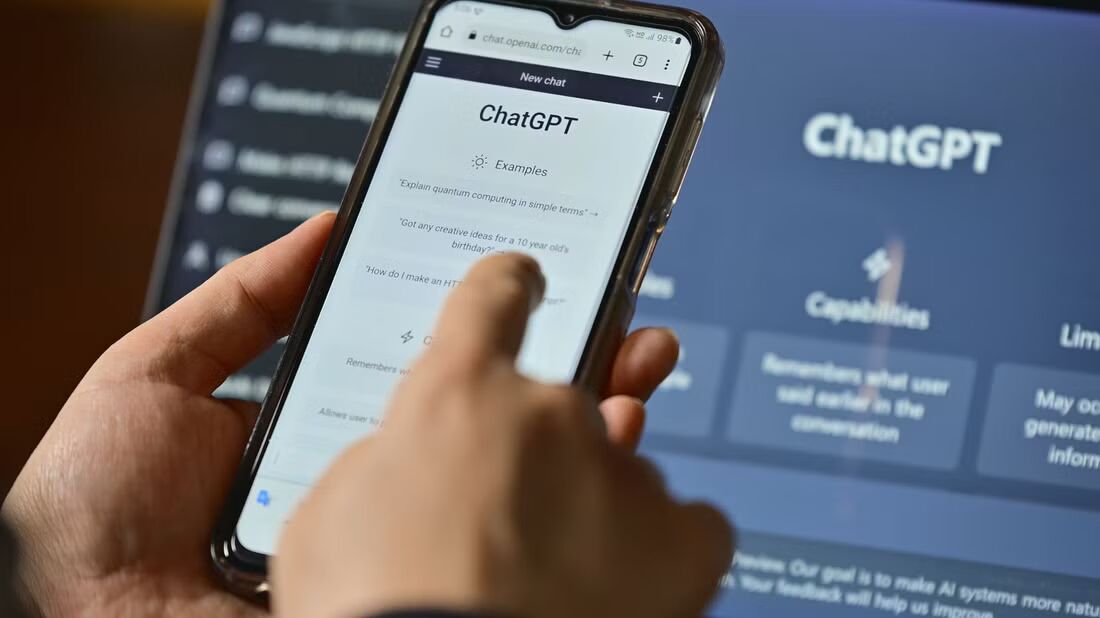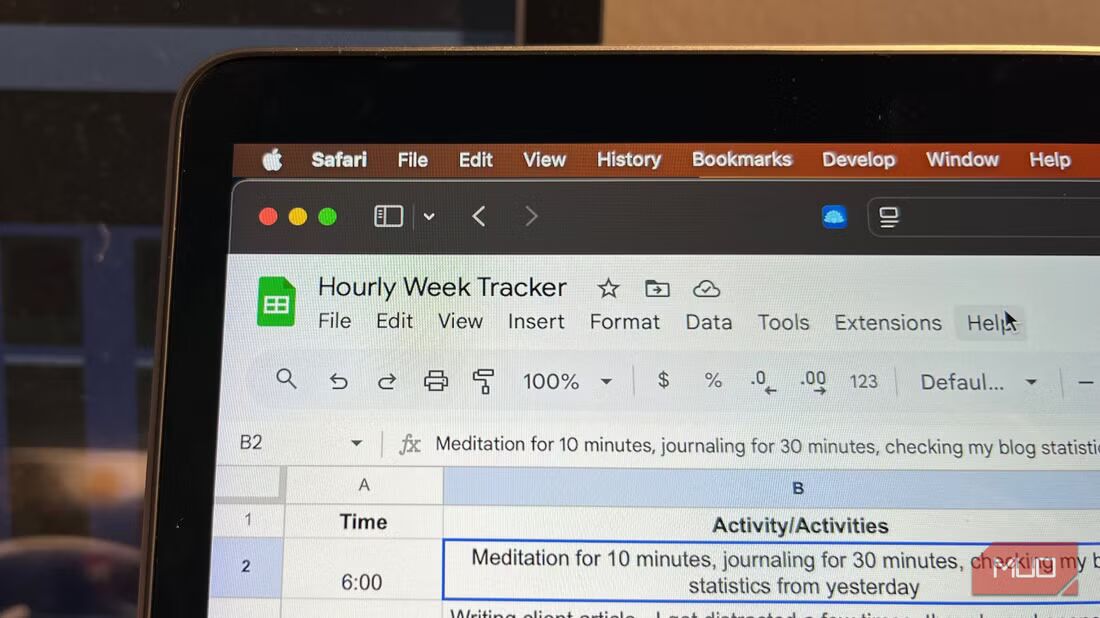Finding precise locations is easier than ever with tools like what3words and Google Plus Codes. Both have perks, but there’s something unique about how what3words uses simple, familiar terms to mark any spot on the planet, and it’s this small difference that makes it the more practical choice for everyday navigation.
Where what3words Beats Google Plus Codes
what3words and Plus Codes both aim to solve the same problem: providing precise locations in places where addresses are unclear, too broad, or simply don’t exist. The main difference is in how they go about it.
With what3words, complex coordinates are transformed into three easy-to-remember words, like “apple.bike.pizza” or “sunflower.bright.guitar.” Each set of words points to a specific 3×3 meter square, so even remote spots, like a particular spot on a hiking trail or a festival entrance, can have a memorable “address.”
By comparison, Google Plus Codes use a mix of letters and numbers—something like “7FG8+5V” for example. While it’s a great technical solution, it lacks the natural ease of recalling actual words. For most people, the randomness of Plus Codes feels like a string of nonsense that’s far less intuitive than a trio of familiar words.
The simplicity of what3words helps it fit right into everyday life. Whether you’re meeting friends at a specific beach spot or sharing your exact campsite location, it’s a relief to have an easy-to-remember and communicate address. what3words seamless synchronization with Google Maps makes it.
Here’s the best part: what3words syncs easily with Google Maps, so you don’t have to choose between the two. You can use what3words to get an easy-to-remember location and then open it in Google Maps for all the familiar navigation features. This way, you get the best of both worlds: the memorability of three simple words and the detailed directions that Google Maps does so well.
Why Memorability Matters for Everyday Use
Memorability isn’t just a nice-to-have—it’s a huge advantage in practical situations. Imagine needing to share your location quickly in an emergency or trying to explain a meeting point to someone without constantly looking at your phone. With what3words, you can relay three simple, everyday words, often without repeating them. In contrast, remembering or accurately relaying a Google Plus Code typically requires looking at it directly each time since it’s unlikely to stick in your mind.
For situations that call for precision, what3words’ memorability becomes even more crucial. Whether out in nature, traveling abroad, or exploring a new city, the ability to recall and share your exact location without fumbling around for numbers and letters adds a layer of convenience that’s hard to overstate.
